9 Foods to Speed Up Healing and Recovery for Seniors
As we age, our body's ability to recover and heal slows down. There are many ways to counteract this, one of which is through dietary choices.

Certain foods have properties that can speed up the healing process and promote recovery. Here are nine foods and important information seniors should keep in mind for optimal healing and recovery.
1. Vegetables
Vegetables are packed with vital vitamins and minerals that boost the body's ability to heal. These nutrients facilitate the healing process in the body. Furthermore, the dietary fibre found in these vegetables supports healthy digestion and wards off constipation.
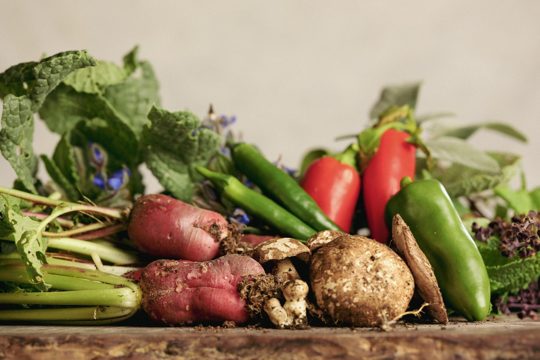
Additionally, they are a rich source of antioxidants. These antioxidants battle inflammation and hasten the recovery process.
2. Healthy fats
Avocados, nuts, seeds, and olive oil are sources of healthy fats that can aid in the recovery of seniors. These fats are not only energy providers but also play a key role in the uptake of fat-soluble vitamins.
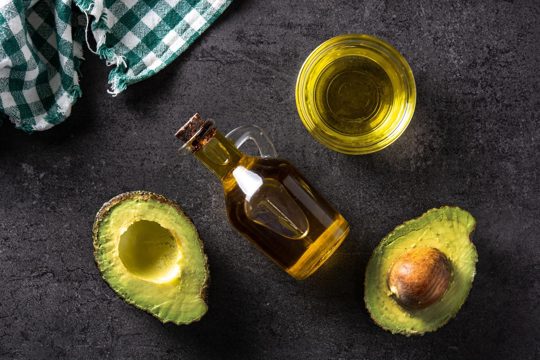
Additionally, they possess properties that combat inflammation. The healing process can be accelerated by these fats. Moreover, they contribute to the body's ability to mend damaged cells.
3. Meat
Meat is highly beneficial as it is an excellent provider of protein. This protein is crucial for the repair and recovery of our body tissues. Additionally, meat is rich in iron.

This iron facilitates the creation of red blood cells. These cells transport oxygen all over the body, contributing to the body's healing process.
4. Eggs
Eggs are a superb provider of protein. They are also rich in essential vitamins and minerals. Critical for recovery, they offer valuable nutrients like vitamin D and B vitamins.

These vitamins play a key role in generating energy. Additionally, they contribute to the formation of new cells.
5. Dark leafy greens
Spinach, kale, and collard greens are dark leafy vegetables loaded with beneficial nutrients that assist in recovery. These greens are abundant in vitamins A, C, and K.
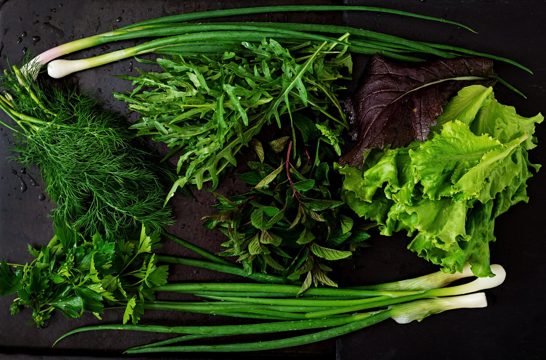
Specifically, these vitamins strengthen the immune system, enhance wound healing, and facilitate blood clotting. Furthermore, these vegetables are a good source of iron and calcium. These minerals are crucial for maintaining bone health and promoting recovery.
6. Fruits
Fruits are beneficial, especially those abundant in vitamin C, such as oranges and strawberries, as they assist in healing and recuperation. Vitamin C is a potent antioxidant that encourages the repair of body tissues. This vital nutrient also enhances the effectiveness of the immune system.
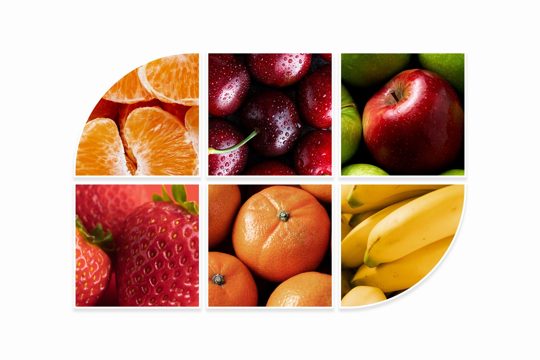
In addition, fruits contribute to hydration and offer dietary fibre. This fibre is essential as it assists in the digestion process.
7. Whole grains
Whole grains like brown rice, oats, and whole wheat bread are great for recovery. They provide sustained energy, are rich in fibre, and contain essential vitamins and minerals.
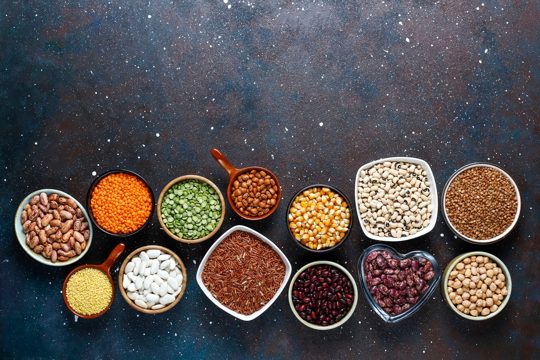
They facilitate better digestion and promote a feeling of fullness, which is beneficial for maintaining a healthy weight. Seniors should replace refined grains with whole grains for better recovery and overall health.
8. Probiotics
Foods such as yogurt, kefir, and sauerkraut are rich in probiotics. These probiotics can significantly contribute to the recovery process.
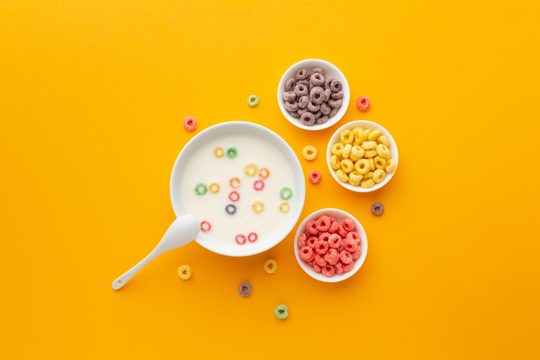
One of their key roles is to support a healthy gut microbiome. This is crucial for the digestion process and the absorption of nutrients.
As a result, they boost overall health and hasten recovery.
9. Foods to avoid during recovery
Certain foods can be beneficial in aiding recovery, while others could potentially obstruct it. Foods that are rich in added sugars may cause inflammation and delay healing. Similarly, highly processed foods can contribute to these adverse effects.

Alcohol is another substance that could have a negative impact, potentially weakening the immune system. Therefore, these types of foods and substances could potentially hinder the recovery process.
The role of added sugars in recovery
Sugars that are added to foods, particularly in sweets, sodas, and a large number of processed foods, have the potential to slow down recovery. These sugars are the cause of inflammation and could result in weight gain.
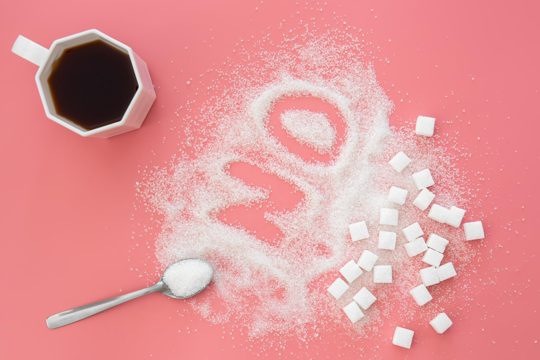
The process of healing could be complicated due to the weight gain. Additionally, these sugars have the ability to diminish the strength of the immune system.
As a result, elderly people become more prone to infections.
The impact of highly processed foods on healing
Foods that are highly processed typically include additives and preservatives, which have the potential to hinder recovery. They are known to provoke inflammation and can also lead to an increase in weight.
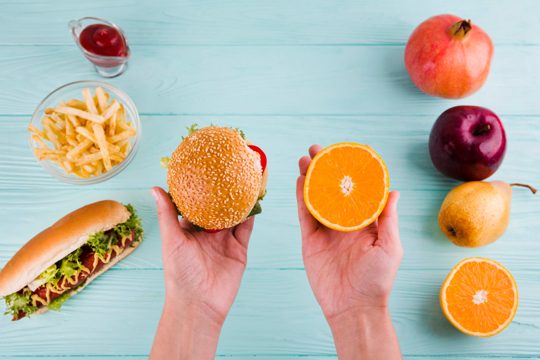
Furthermore, these foods do not provide the vital nutrients required for the body to heal. Another problematic aspect of consuming these foods is the disruption they cause to the gut microbiome balance.
This disruption can negatively impact the digestion process and the absorption of necessary nutrients.
Alcohol and recovery
Alcohol has the capacity to hinder the process of healing and disrupt the potency of medications. This can be harmful in the recovery phase where healing is critical. Moreover, it can result in dehydration, which significantly hampers recovery.

Besides, heavy alcohol consumption can compromise the immune system. Consequently, this makes it more challenging for the body to combat infections.
Conclusion
In conclusion, seniors can speed up their healing and recovery by consuming a balanced diet rich in vegetables, healthy fats, lean meat, eggs, dark leafy greens, fruits, whole grains, and probiotics. At the same time, they should limit their intake of added sugars, highly processed foods, and alcohol.

A healthy diet, alongside rest and medical treatment, can significantly improve the recovery process. Always remember, it's not just about eating more but eating right.
About us
Welcome to SeniorCaresHub! Welcome to our comprehensive senior care destination! We pride ourselves on being a trusted resource for all things related to caring for aging loved ones. We understand the unique needs and challenges that come with senior care, and our mission is to provide you with the information, resources, and support you need to confidently navigate this journey and help you provide the best possible care for your aging loved one.

